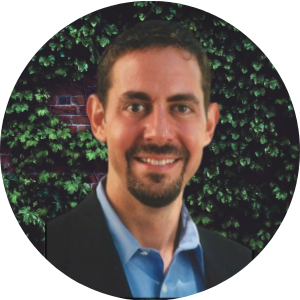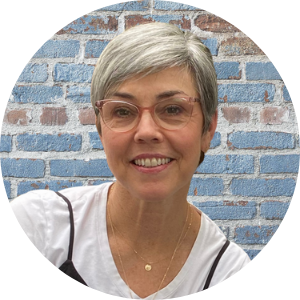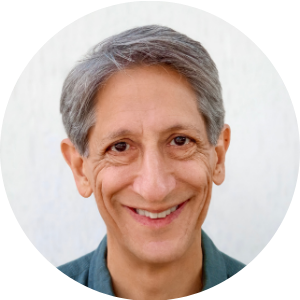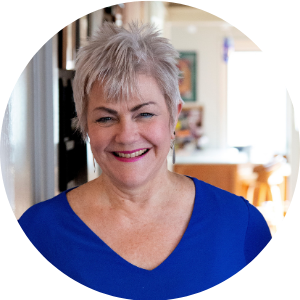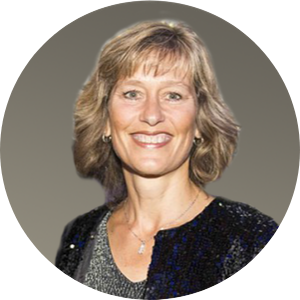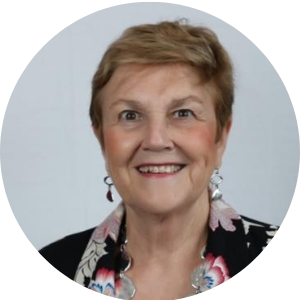
A High Integrity Leadership Coaching Ecosystem | Jerry Magar + LeeAnn Mallory
#28: A High Integrity Coaching Ecosystem | Jerry Magar + LeeAnn Mallory
I called in a lifeline for this one. I wanted to talk about the importance of a supportive ecosystem when engaging in leadership coaching and didn’t like what I was producing on my own. So when my esteemed colleague, Jerry Magar, offered to interview me, I gladly accepted. And he delivered!
Show Notes
“The pressure and expectation of organizational leadership demand emotional maturity, requiring leaders to be willing to do their internal work…we all must move away from leading from a place of fear and lack…and move toward vision and collaboration, which results in desired and sustainable outcomes.”
– LeeAnn Mallory, Founder
Rise Leaders
The tables got turned during this episode and I was interviewed by Jerry Magar, a wonderful friend and colleague. He was my lifeline! Listen to find out why…
Two decades of coaching insights
Leadership coaching has become increasingly common in organizations. Because it’s a significant financial investment, it’s worth knowing what to expect and how to maximize the experience. Being aware of the situations that could benefit from coaching, and knowing the potential pitfalls before beginning, are useful to walking in confidently and ensuring it’s a rich, seamless process.
The value of coaching
The more responsibility a leader gains and the broader the scope of their leadership, the more important that they’re able to develop and maintain meaningful positive relationships across the organization and outside the organization, as well as think strategically and execute against that strategy.
Leaders will hire a coach as they step into new and unfamiliar assignments and also as they face the inevitable bumps in the road. Having access to unbiased wisdom from outside the organization can provide a lifeline during times of transition and chaos. While they intuit the need to raise their awareness and increase their ability to respond to complex issues, the necessary feedback and support are often hard to come by.
A Wholehearted Approach
Most important to a successful coaching engagement is a motivated client who is committed to doing the work and has a learning or growth mindset. The work will be intense at times and will require courage and humility.
To subscribe to the Rise Leaders newsletter for more resources: https://mailchi.mp/426e78bc9538/subscribe
To discuss executive coaching, leadership development program design, and workshop facilitation, please visit: https://rise-leaders.com/contact-info/
To contact Jerry Magar:
LinkedIn: https://www.linkedin.com/in/jerrymagar/
Website: http://jerrymagar.com/about-jerry-magar/
I specialize in helping leaders and organizations thrive. Reach out if there’s a way I can support you.
Remember…Elevate Your Part of the World!
